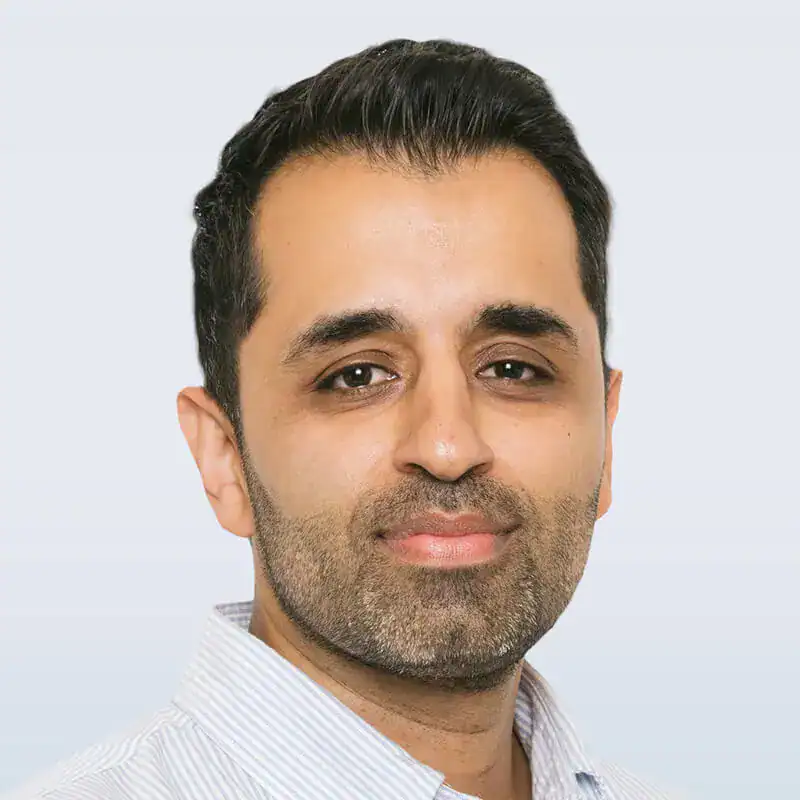Dr. Anusha Kalbasi is creating a detailed map of how cytokines influence cancer-fighting T cells – information that is essential for designing next-generation immunotherapies that are both more effective and predictable. Cytokines are small protein messengers that help immune cells communicate and function, and Dr. Kalbasi has uncovered a promising new role for IL-9, a lesser-known cytokine with unique signaling properties that can supercharge T-cell function.
While IL-2 has been the mainstay cytokine in cancer immunotherapy since 1992, IL-9 appears to drive T cells in a fundamentally different and potentially more effective way. Dr. Kalbasi’s team will use techniques from protein and cell engineering, genomics, structural biology, and advanced T-cell biology to understand how IL-9 and other cytokines like it influence T-cell behavior at the molecular and cellular level, providing a blueprint for designing smarter cell- and protein-based therapies. Dr. Kalbasi is also working to bring these findings into the clinic by integrating IL-9 signaling into new T-cell therapies. This includes optimizing both conventional T-cell therapy and emerging approaches like in vivo T-cell engineering, which may especially benefit from cytokine-based control. His research aims to deliver more effective, durable treatments for patients, guided directly by the insights gained from clinical application.
Research Focus
Sarcoma and other solid tumors, cytokines, T-cell therapy
Projects and Grants
Decoding the Cell-Intrinsic Language of Cytokines for Cancer Immunotherapy

